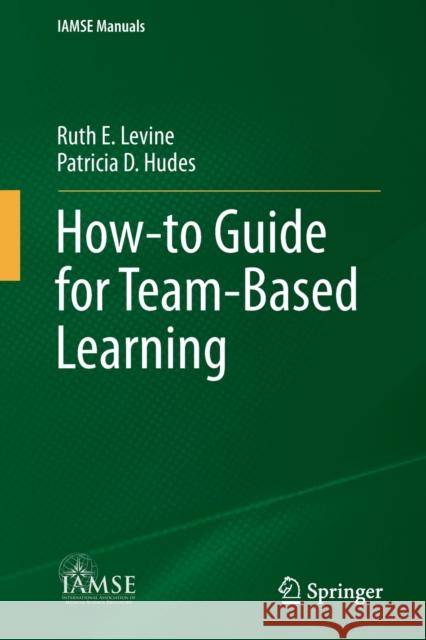How-To Guide for Team-Based Learning » książka
topmenu
How-To Guide for Team-Based Learning
ISBN-13: 9783030629229 / Angielski / Miękka / 2021 / 49 str.
Kategorie:
Kategorie BISAC:
Wydawca:
Springer
Seria wydawnicza:
Język:
Angielski
ISBN-13:
9783030629229
Rok wydania:
2021
Wydanie:
2021
Numer serii:
001165311
Ilość stron:
49
Waga:
0.10 kg
Wymiary:
23.39 x 15.6 x 0.33
Oprawa:
Miękka
Wolumenów:
01
Dodatkowe informacje:
Bibliografia
Wydanie ilustrowane
Wydanie ilustrowane











